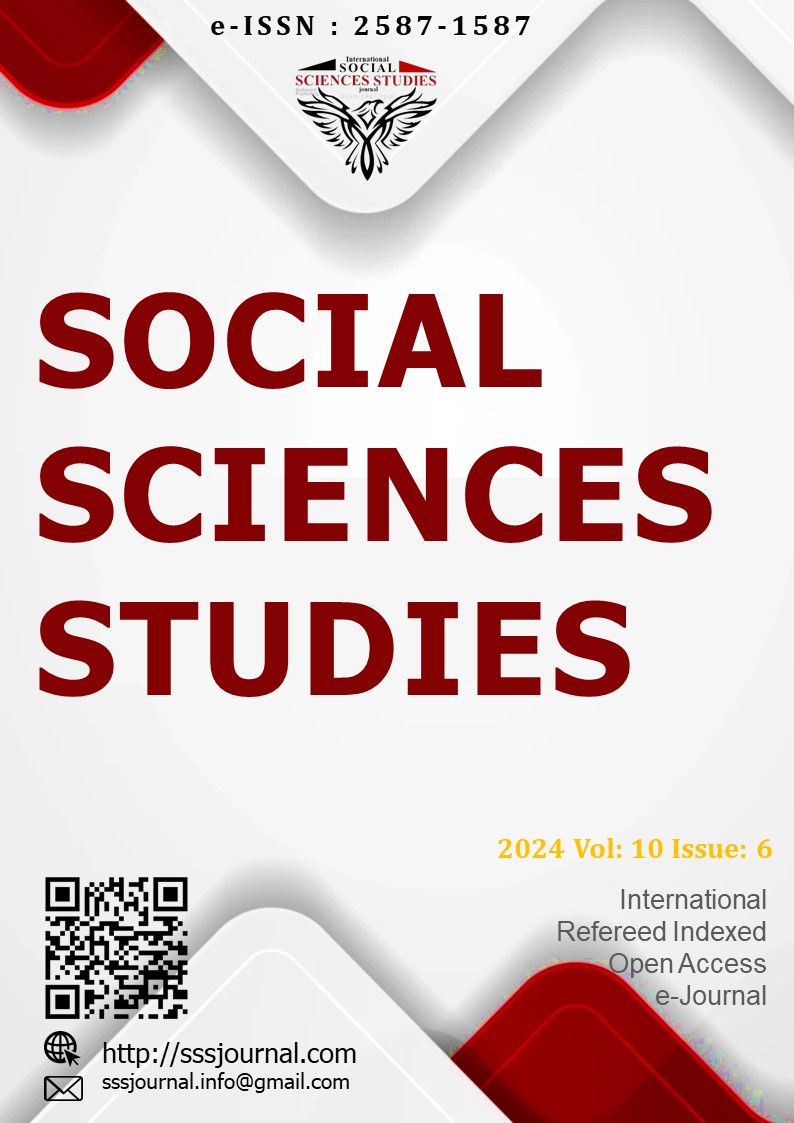Arapça Öğretiminde Geleneksel-Alternatif Ölçme ve Değerlendirme Yöntemi Kullanımının Bazı Değişkenlere Göre İncelenmesi
Author :
Abstract
|
Kazanımları doğru ve eksiksiz bir şekilde denetleyebilmek için verimli bir eğitimin ardından nitelikli bir ölçme-değerlendirme gelir. Eğitimcinin yanıtlaması gereken “Hedeflere ne kadar ulaşıldı, eksiklikler nelerdir, yanlış öğretilen veya hiç öğretilmeyen konular hangileridir?” gibi sorulara gereken cevapları verebilmek, öğrenci kazanımlarının güvenilir yöntemlerle ölçülmesine ve değerlendirilmesine bağlıdır. Bu önemden hareketle yürütülen bu araştırmaya yön veren temel amaç Arapça hazırlık programlarında eğitim veren öğretim görevlilerinin temel dil becerilerini ölçme-değerlendirme yaklaşımlarını incelemektir. Bu doğrultuda, 2019-2020 eğitim yılında yükseköğretime bağlı üniversitelerin Arapça hazırlık programlarında eğitim vermekte olan 36’sı kadın (%19.7), 147’si erkek (%80.3) 183 öğretim görevlisine ulaşılarak Temel Dil Becerilerini Ölçme-Değerlendirme Teknikleri adlı 4 bölümden oluşan ankete cevap vermeleri istenmiştir. Çalışma kapsamında elde edilen verilerin analizi sonucunda, örneklemi oluşturan öğretim görevlilerinin temel dil becerilerini ölçme-değerlendirme yaklaşımlarının yüksek oranda geleneksel yöntemlerle sınırlı kaldığı sonucuna varılmıştır. Elde edilen bulgular, dört temel dil becerisini ölçme-değerlendirmede alternatif yöntemleri kullanma eğiliminin Türk öğretim görevlilerine oranla Arap öğretim görevlilerinde daha fazla olduğuna işaret etmiştir. Bununla birlikte, sadece yazma becerisini ölçme-değerlendirmede alternatif yöntemleri tercih etme sıklığının cinsiyete göre farklılık gösterdiği saptanmış olup kadın öğretim görevlilerinde bu eğilimin erkek öğretim görevlilerine oranla daha yüksek olduğu bulgusu elde edilmiştir. |
Keywords
Abstract
|
The effectiveness of an educational program can be assessed and evaluated in order to monitor the achievements of students accurately and completely. In order to provide the necessary answers to questions such as "How much have the objectives been achieved?," "What are the deficiencies?," and "Which subjects are taught incorrectly or not taught at all?," it is essential to employ reliable methods for measuring and evaluating student achievements. Based on this importance, the main objective guiding this research is to examine the measurement and evaluation approaches of the lecturers who teach in Arabic preparatory programs. Accordingly, a total of 183 lecturers, 36 of whom were women (19.7%) and 147 were men (80.3%), who provided education in Arabic preparatory programs of universities in the 2019-2020 academic year, were reached. The lecturers were asked to answer the questionnaire, which consists of 4 parts, named Basic Language Skills Measurement and Evaluation Techniques. As a result of the analysis of the data obtained within the scope of the study, it was concluded that measurement and evaluation approaches of the lecturers forming the sample are highly limited to traditional methods. The findings indicate that the tendency to use alternative methods in measurement and evaluation of the four basic language skills is higher in Arabic lecturers than in Turkish lecturers. Furthermore, the frequency of choosing alternative methods in measurement and evaluation of only writing skill was found to differ according to gender, and it was found that this tendency was higher in female lecturers than male lecturers. |





